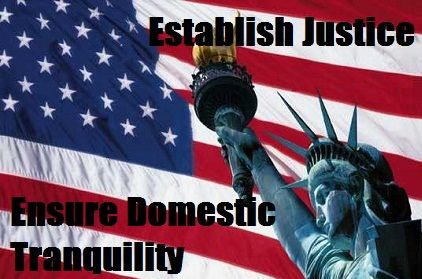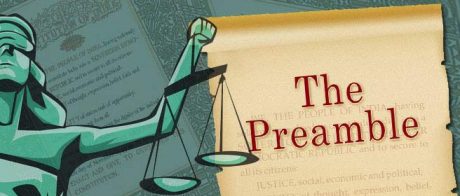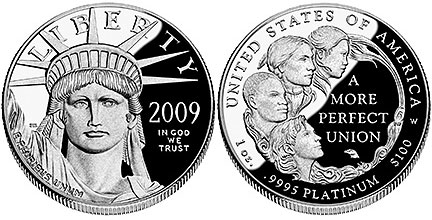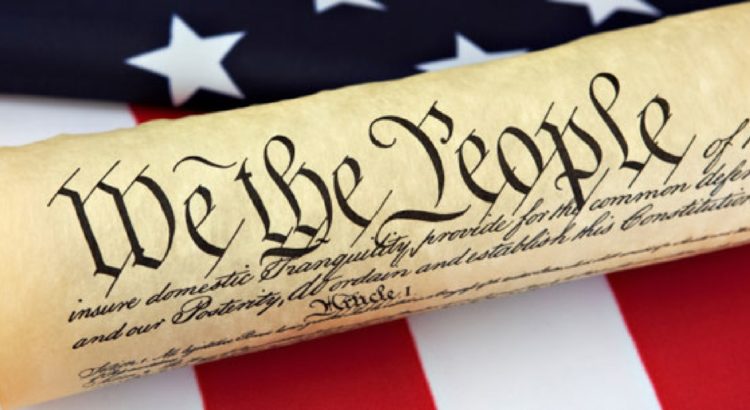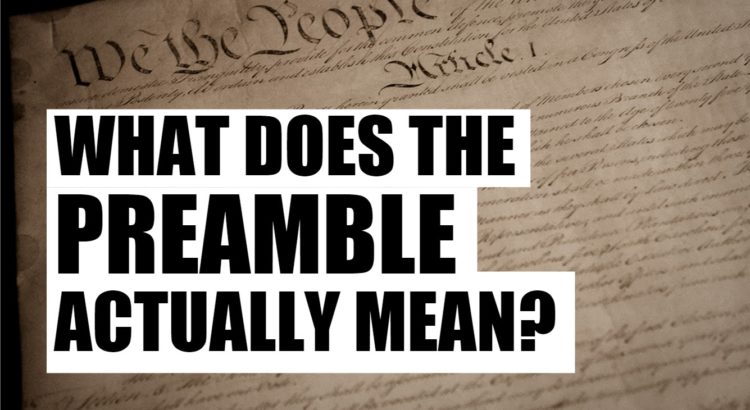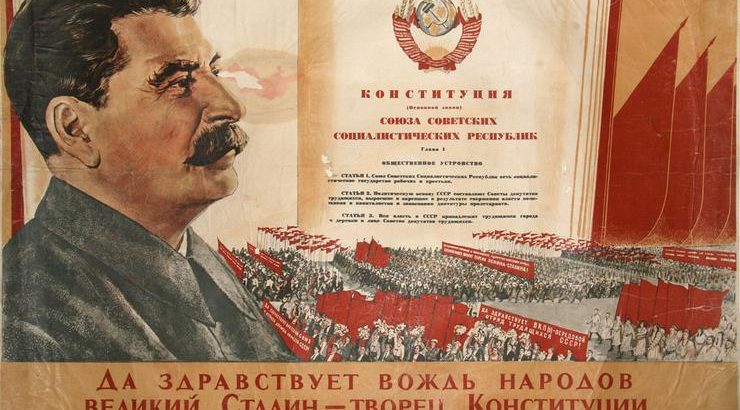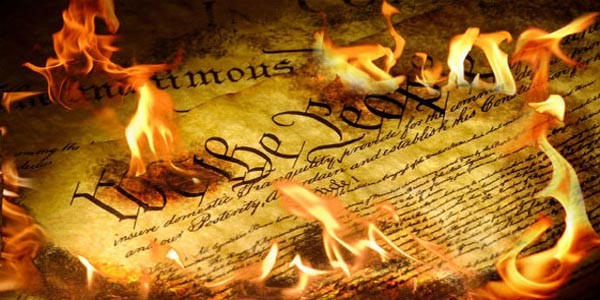Perhaps no greater danger threatening the thirteen states in 1787 was their weak ability to defend themselves against the more powerful European countries. In 1775 when the War for Independence began, there was a rallying cry for liberty, yet even then only about one-third of the citizens answered that cry. So, now that they were thirteen independent and sovereign states, there wasn’t as strong of a bond to unite themselves against invasions.
It is significant that the phrase begins with the words “provide for”. During the War for Independence there was a constant shortage of supplies and funds for Washington’s army and it is an astounding feat that despite all of those shortages, America won its struggle for freedom. Following the end of the war, as I’ve pointed out previously, cooperation among the states was even worse. So it was necessary to have a stronger central government that had the authority to raise money to support an army and a navy so that all of the states could be defended as they would now be united under a common head.
The next term is also telling as it underscores my point in the preceding sentence. Under the new Constitution the states now shared in each other’s interests of maintaining that freedom they had fought so hard to achieve. What threatened one state now threatened them all, and all were committed to the defense of one another. This could not have come about had there not been a common central authority that they had all acquiesced to on the certain limited matters outlined in the Constitution.
One of the primary reasons for which individuals form communities, out of which governments are created, is to provide for the defense of the individuals by a defense of the whole. Thus was born the phrase, “United we stand, divided we fall.”
The final word, however, bears a brief focusing of our attention. The Constitution was not created to forge a new government that would be imperialistic, seeking to conquer other nations, but rather solely for the security of America. Unfortunately, we have at times veered off of that track, but it is important for us to remember in this day and time that the Constitution was formulated to provide for our defense, not to seek democratization of the world through misguided “nation building.” Our founders never intended for us to become the “policemen of the world”, but rather a strong and prosperous people that others would want to emulate without our having to “persuade” them via military means.
-December 15, 2017

